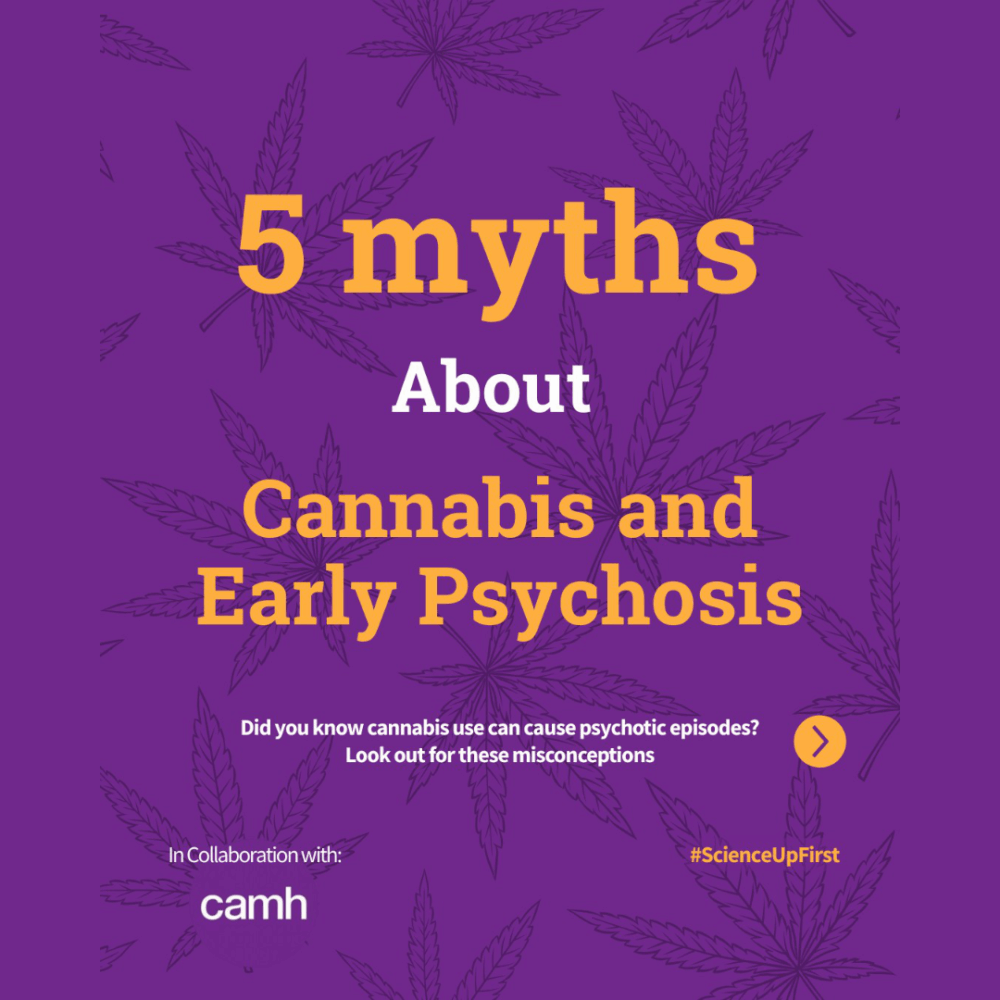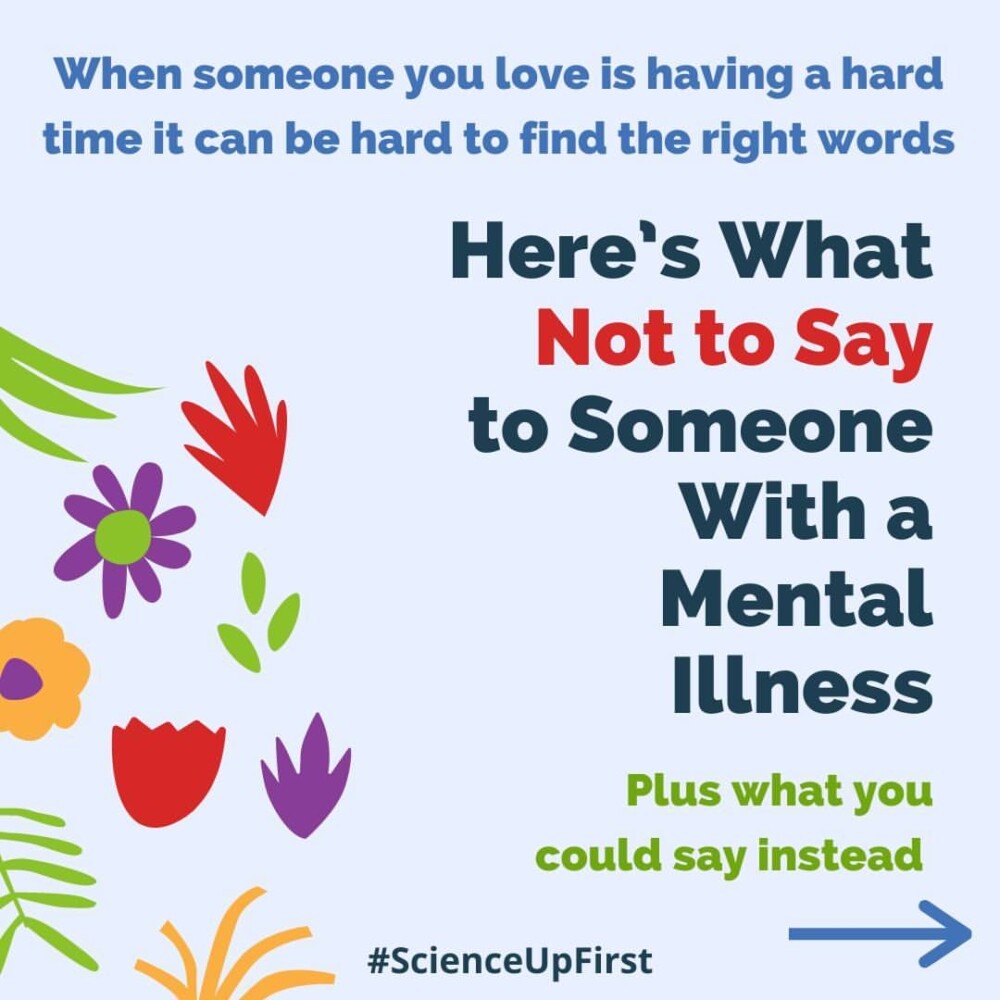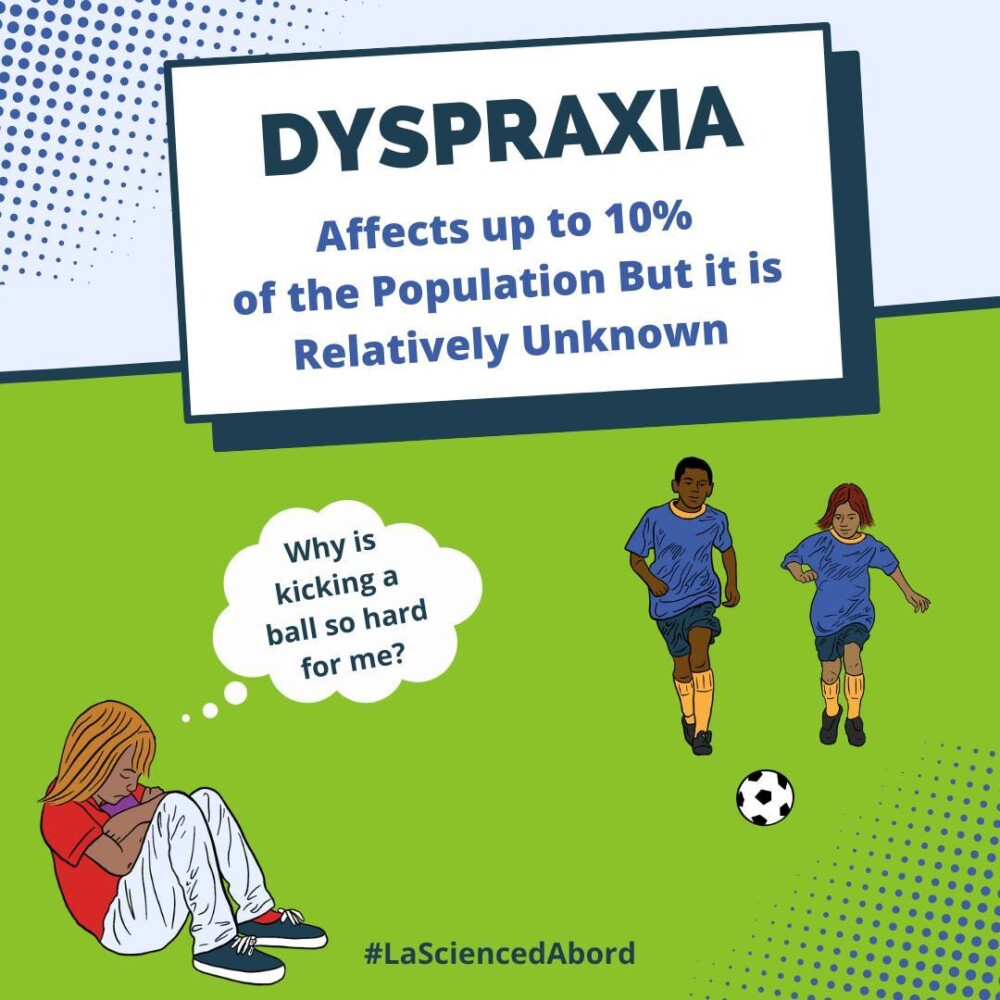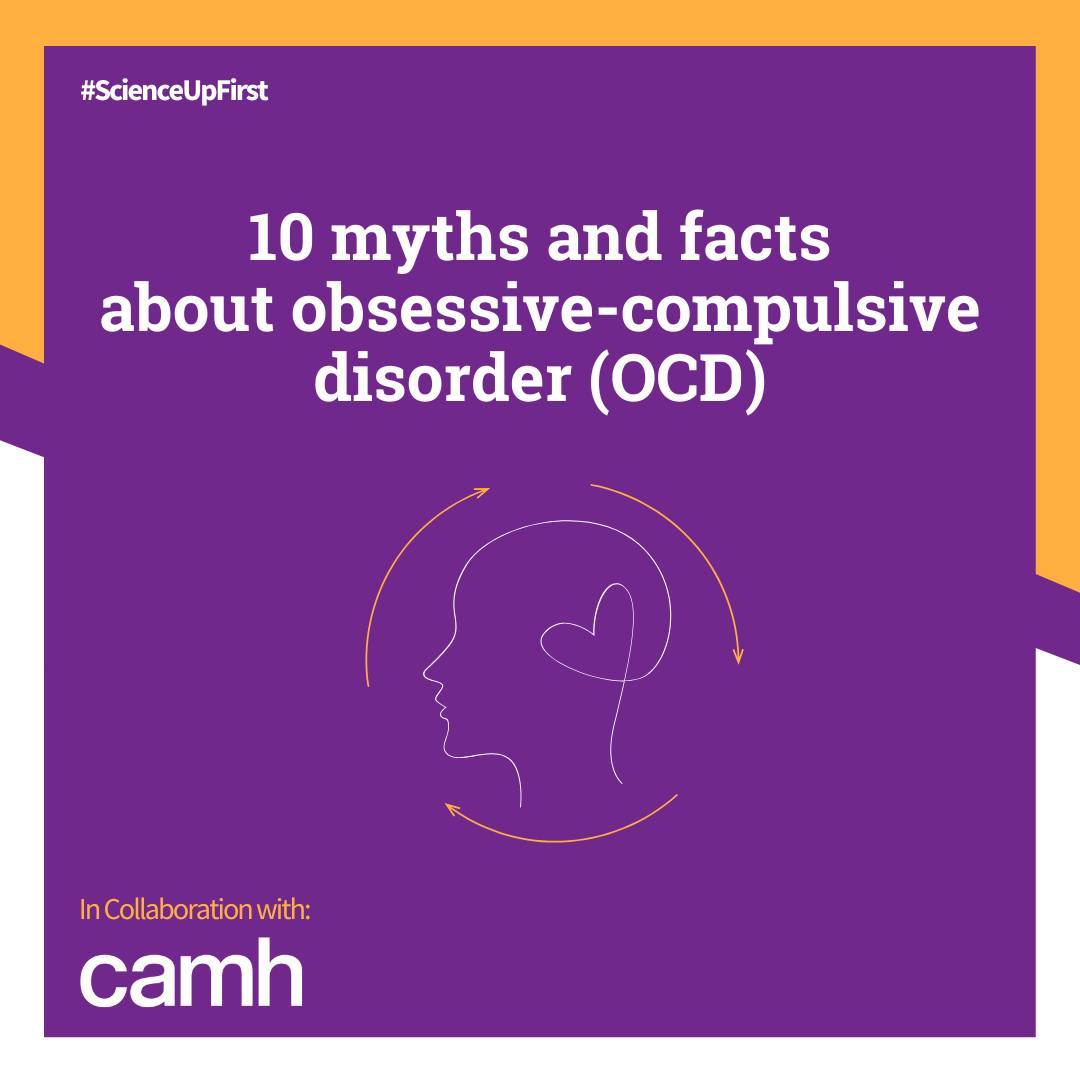
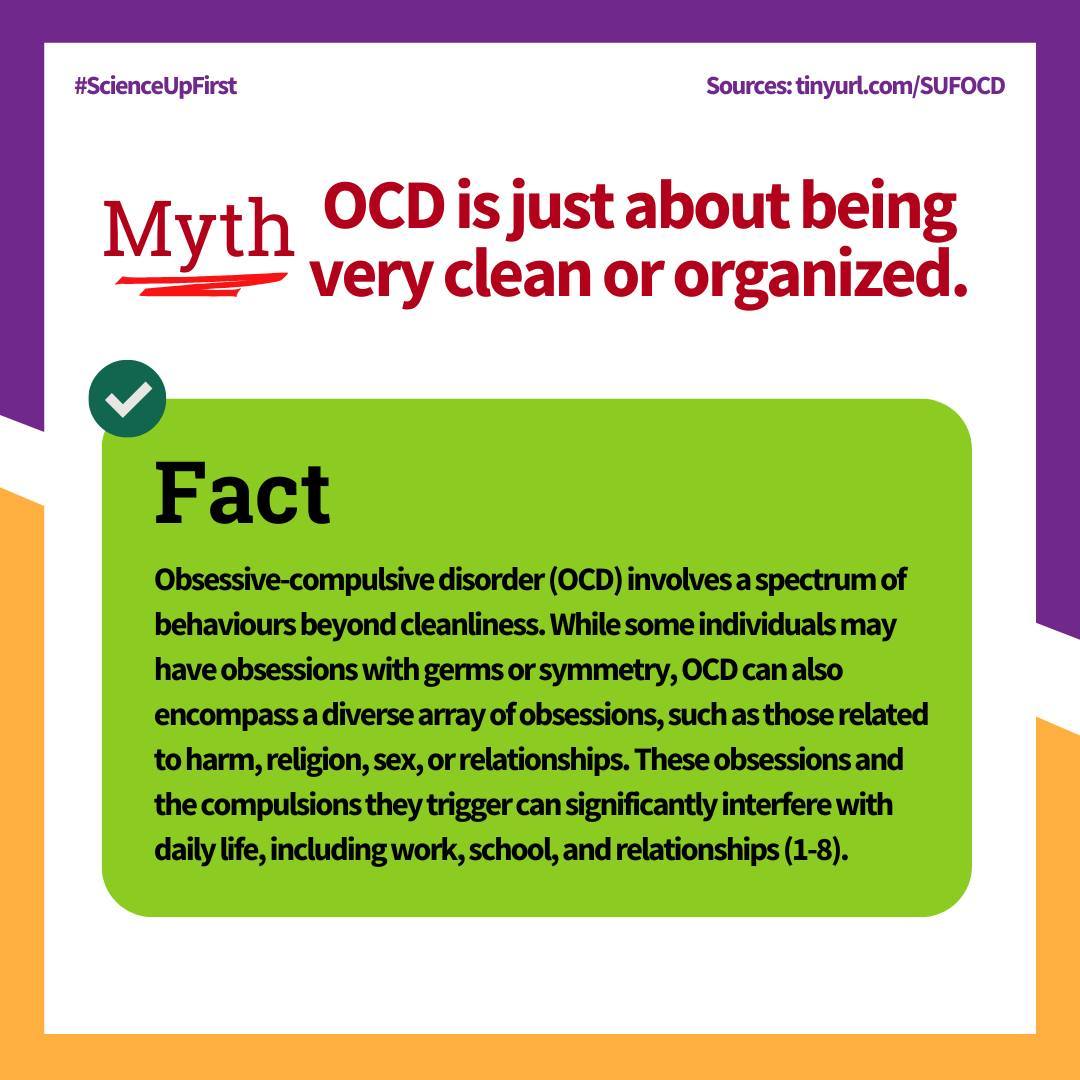
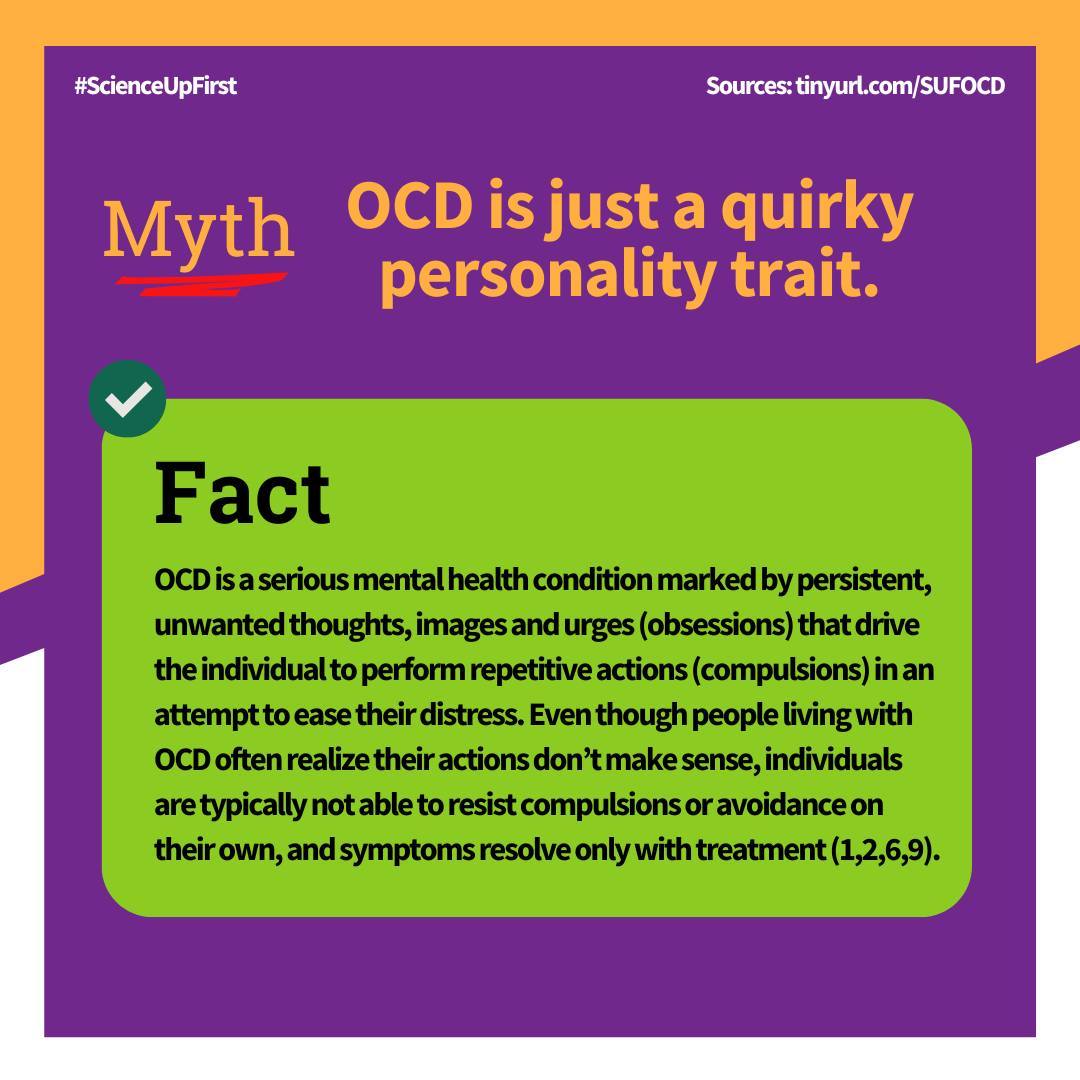
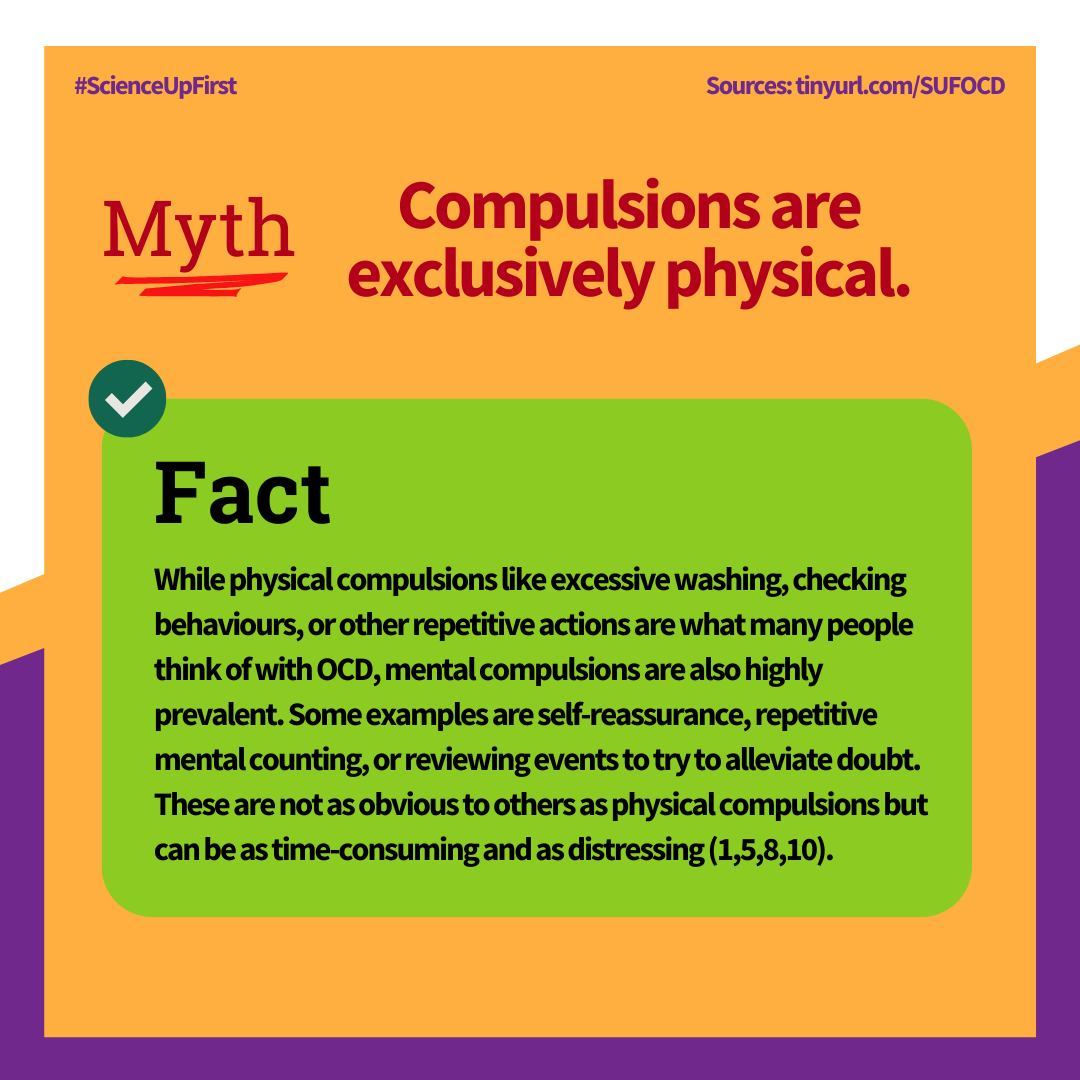
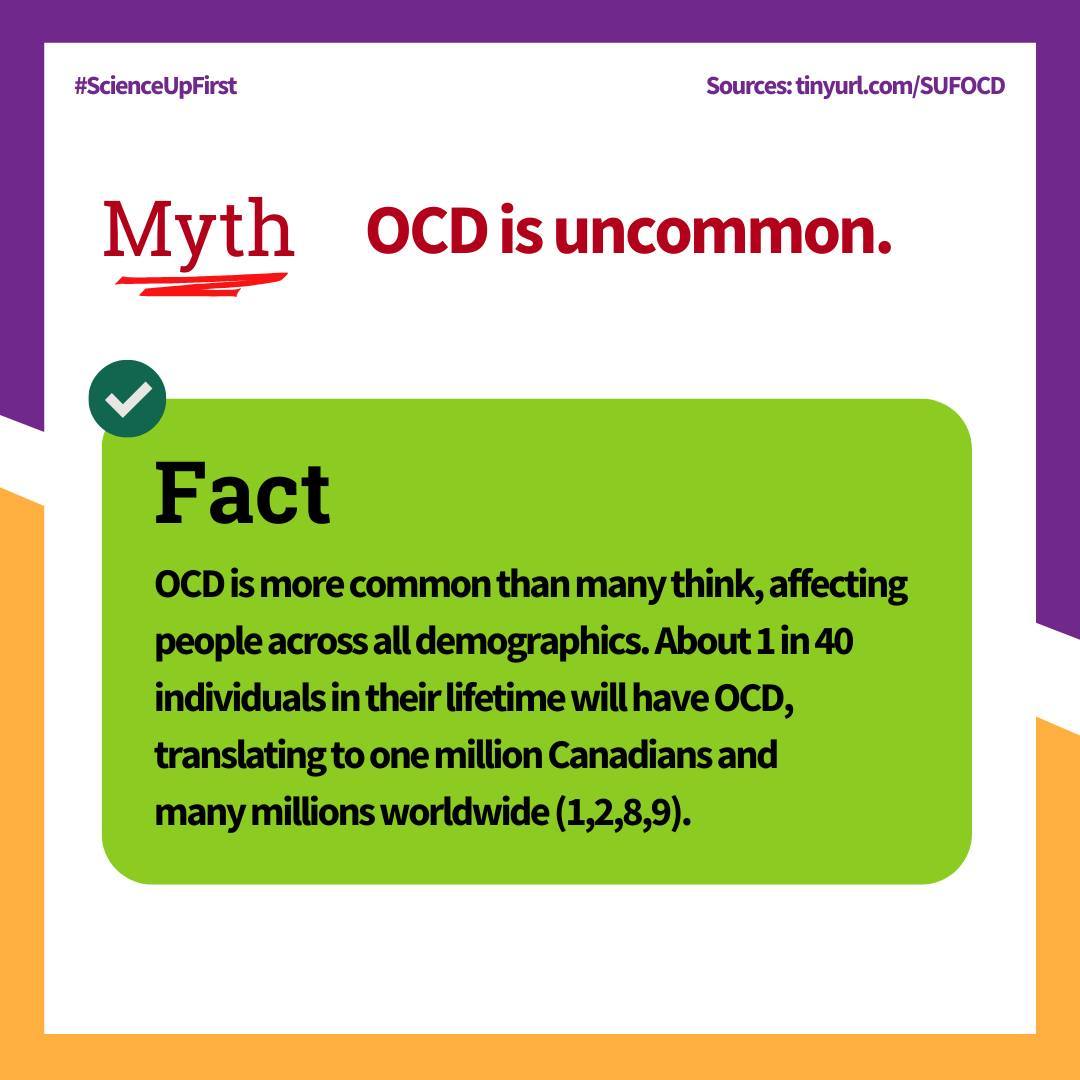
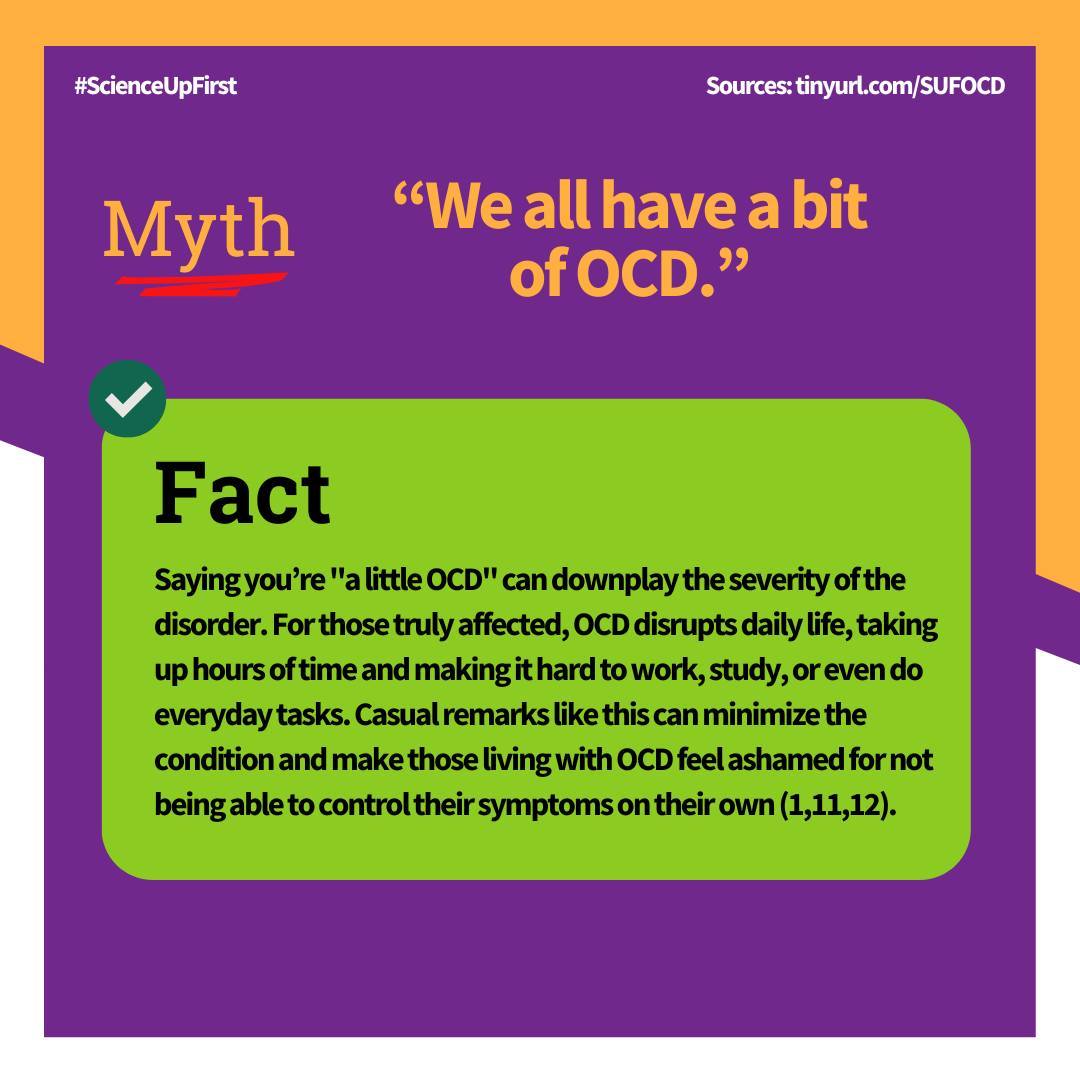
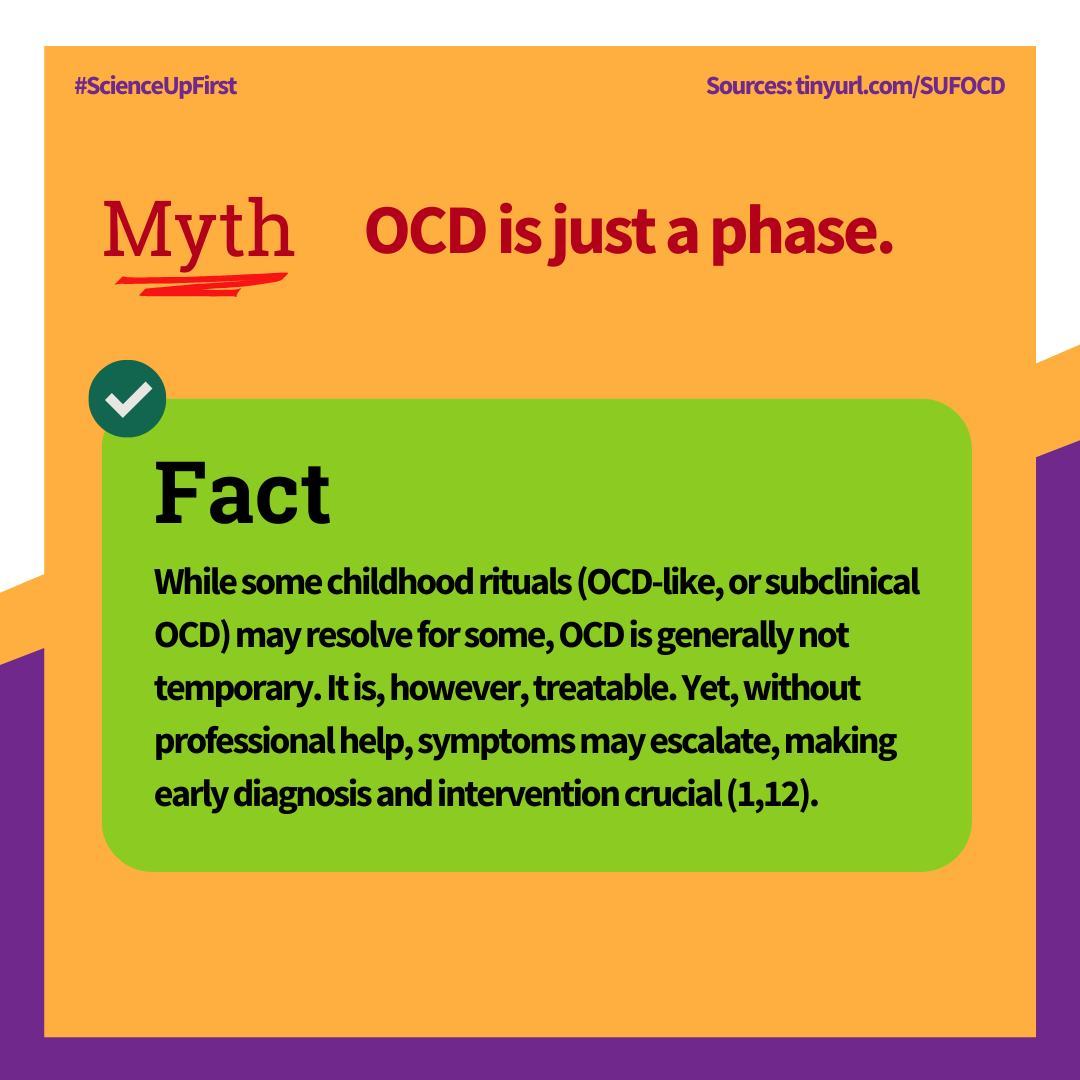
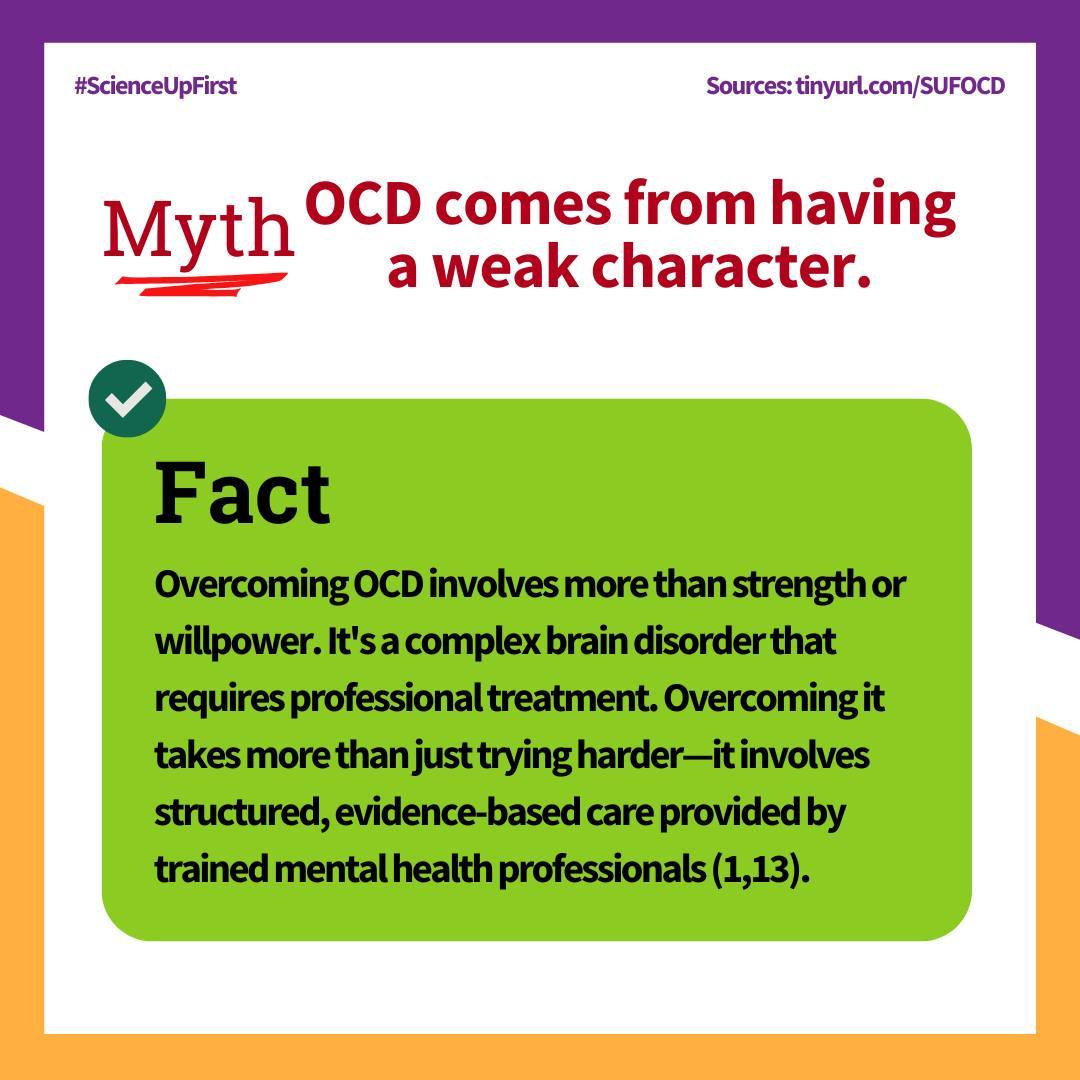
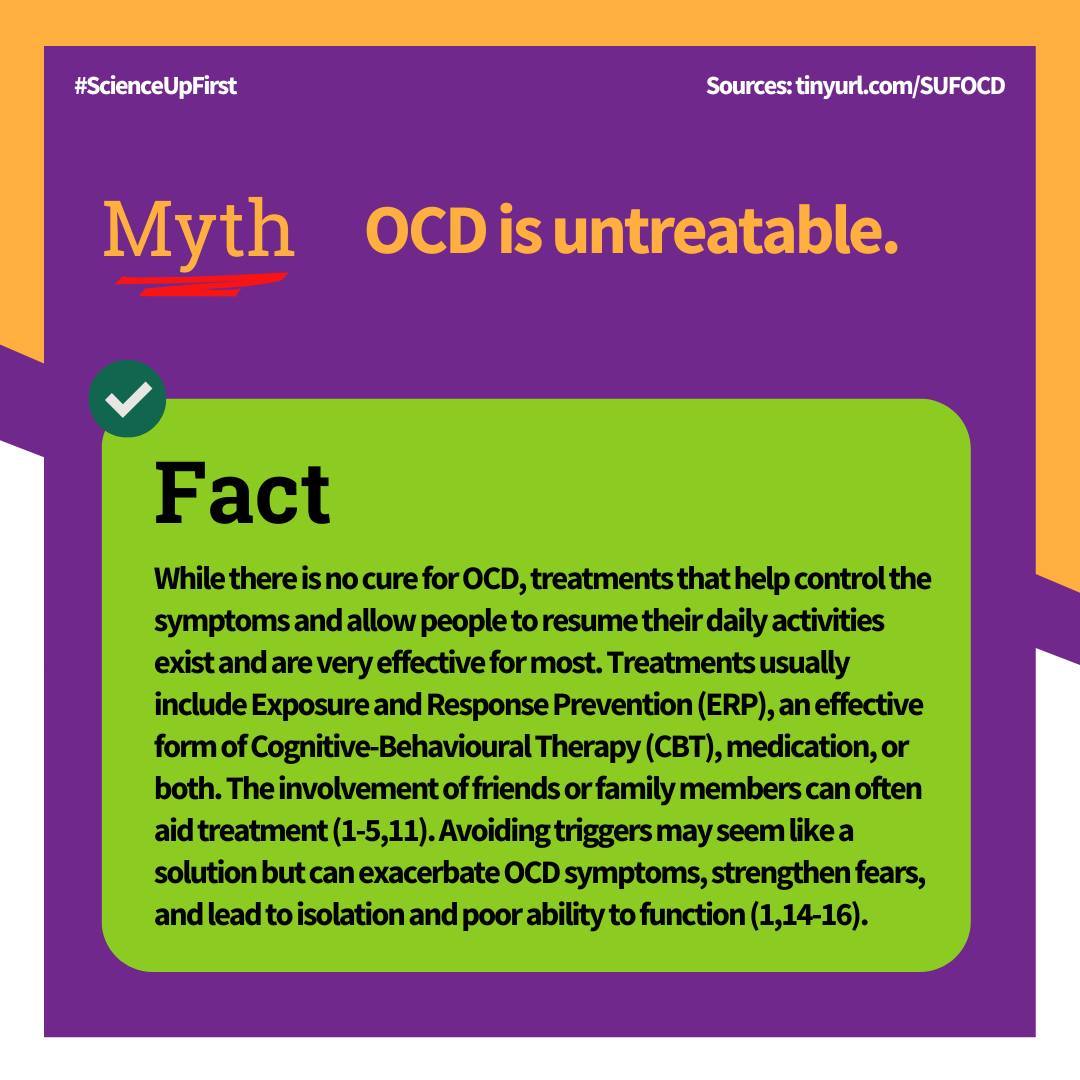
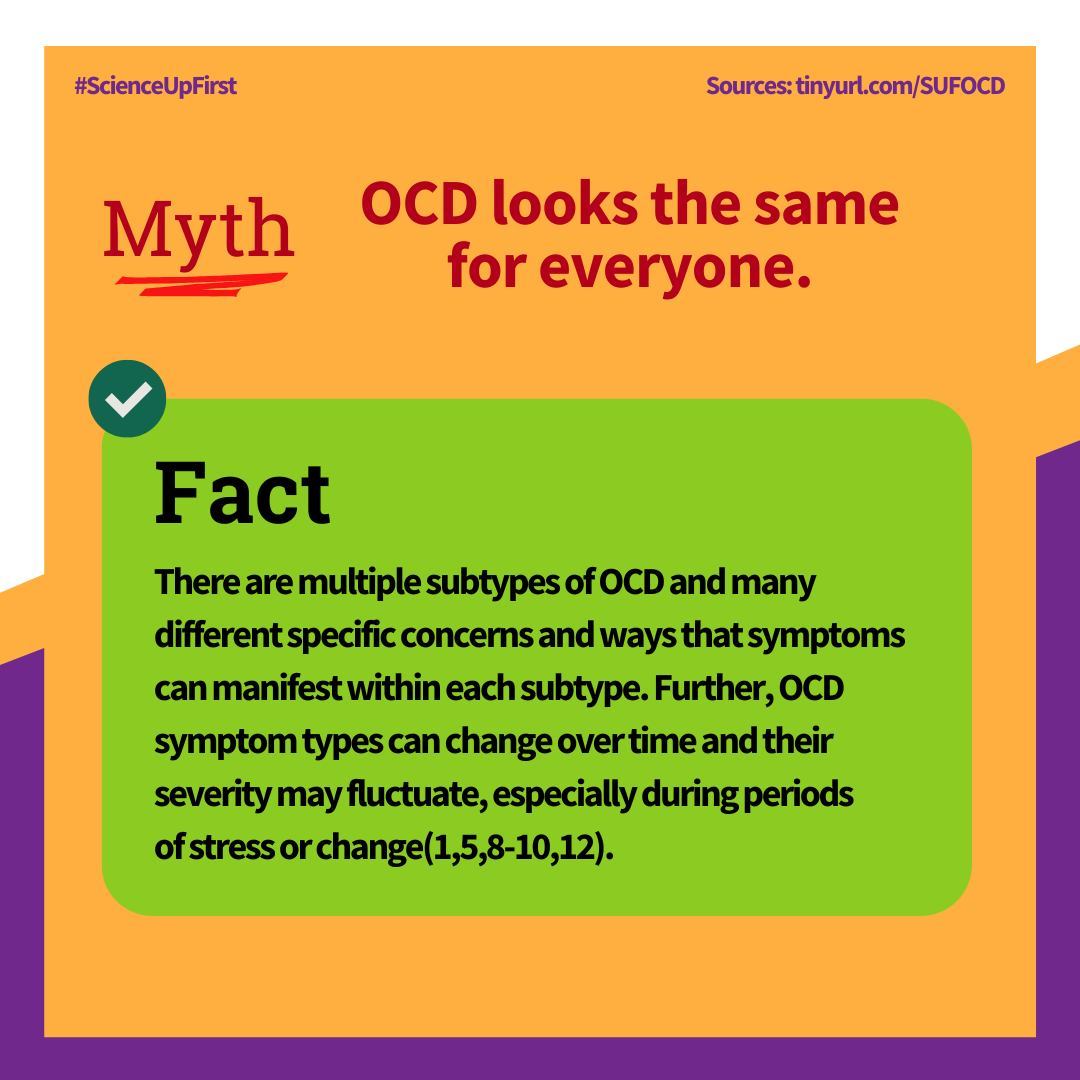
OCD is not just a quirk, nor is it a superpower (12). In fact, OCD is ranked among the world’s top 10 most disabling conditions (17,18,19).
OCD is a psychiatric disorder that can severely disrupt a person’s life and manifest in countless ways, not just limited to cleanliness and germaphobia. Many experience taboo obsession themes, such as thoughts about hurting their loved ones even though they have no desire to do so, or uncomfortable sexual thoughts against one’s character. OCD often has co-occurring conditions such as major depressive, anxiety, and/or substance use disorders (4). While OCD often involves anxiety, other distressing emotions and experiences, such as disgust, shame, guilt, or intense “not-right” feelings, can be more prominent in some cases. For these and other reasons, since 2013, OCD is no longer classified as an anxiety disorder and instead is in a newer category: Obsessive-Compulsive and Related Disorders (20,21,22).
While the exact causes of OCD are not completely known, a combination of physiological, environmental, biological, and genetic factors likely contribute. The majority of cases start before the age of 19 and tend to remain chronic if untreated (23,24).
People living with OCD have obsessions and/or compulsions. Obsessions are unwanted, intrusive thoughts, urges, or mental images that repeatedly surface in the mind, causing significant distress. These are not the typical worries or concerns everyone experiences. In an effort to reduce their obsession, people living with OCD use rituals, or ways of doing certain things. In certain cases, these rituals can become out of control and last for hours – at this point they become compulsions (2,4,5,6,10).
If you think you or someone you loved might be living with OCD, help is available. Current treatments are very effective at helping control OCD symptoms and allow most people to resume their daily activities. Don’t wait, ask for help now. ♥
Resources
Obsessive-compulsive disorder resources
- Breaking Down OCD Myths: Dispelling Misconceptions and Stigma | International OCD Foundation | August 2023
- Obsessive-Compulsive Disorder | CAMH: The Centre for Addiction and Mental Health
- Obsessive- compulsive disorder: an information guide | CAMH: The Centre for Addiction and Mental Health | 2016
- Obsessive- compulsive disorder (OCD) | World Health Organization (WHO)
- Obsessive-Compulsive Disorder | National Institute of Mental Health (NIMH)
- What Is Obsessive-Compulsive Disorder? | American Psychiatric Association
- Obsessive-Compulsive Disorder in Children | CDC
- What is Obsessive Compulsive Disorder (OCD)? | Anxiety Canada
- Obsessive-Compulsive Disorder | StatPearls – NCBI Bookshelf | Updated February 2024
- All There Is To Know About OCD | International OCD Foundation
- “I’m soooo OCD” – +Other Common Myths About Obsessive Compulsive Disorder | International OCD Foundation
- Speaking of Psychology: OCD myths and realities | American Psychological Association
- The OCD Truths Everyone Should Know | BrainsWay.
- Self-Directed Treatment for OCD: The Irony of Doing the Opposite | International OCD Foundation | 2007
- Suppression of Intrusive Thoughts in OCD | VeryWell Mind | April 2021
- Thought suppression across time: Change in frequency and duration of thought recurrence | Journal of Obsessive-Compulsive and Related Disorders on ScienceDirect | January 2014
- Obsessive-compulsive disorder | The BMJ | April 2014
- Quality of life and disability in patients with obsessive-compulsive disorder | European Psychiatry on ScienceDirect | June 2001
- A systematic review of misdiagnosis in those with obsessive-compulsive disorder | Journal of Affective Disorders Reports on ScienceDirect | December 2021
- Is OCD Considered an Anxiety Disorder? | Healthline | December 2023
- OCD Symptoms, Treatment, and More | VeryWell Mind | Updated August 2023
- How GAD and OCD Compare | VeryWell Mind | Updated May 2022
- The Epidemiology of Obsessive-Compulsive Disorder in the National Comorbidity Survey Replication – PMC | Molecular Psychiatry | August 2008
- Symptom improvement and remission in untreated adults seeking treatment for obsessive-compulsive disorder: A systematic review and meta-analysis | Journal of Affective Disorders | December 2022
Share our original Tweet!
OCD is neither weird nor a super power. In fact, OCD is ranked among the ten most disabling illnesses in the world.
— ScienceUpFirst | LaScienced'Abord (@ScienceUpFirst) October 23, 2024
We debunk some myths about OCD for you, in collaboration with @camhnews👇 https://t.co/ZQ8it5ggZL#ScienceUpFirst pic.twitter.com/Iix1mLTwP3
View our original Instagram Post!

